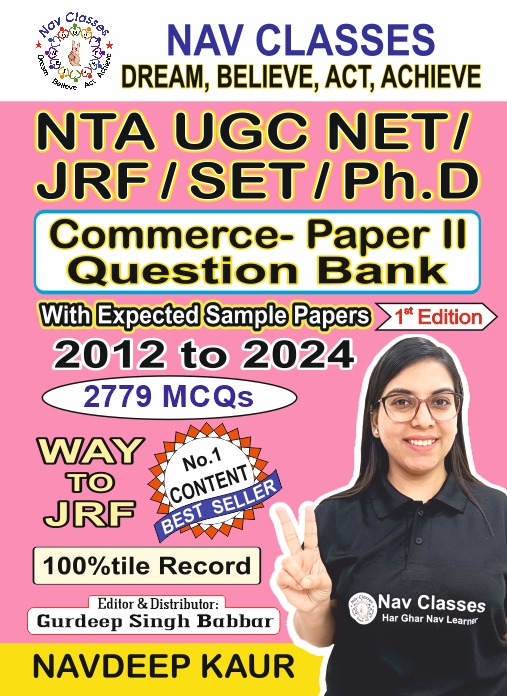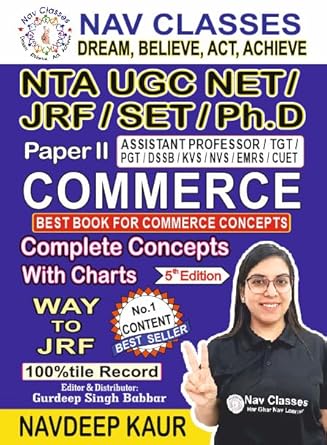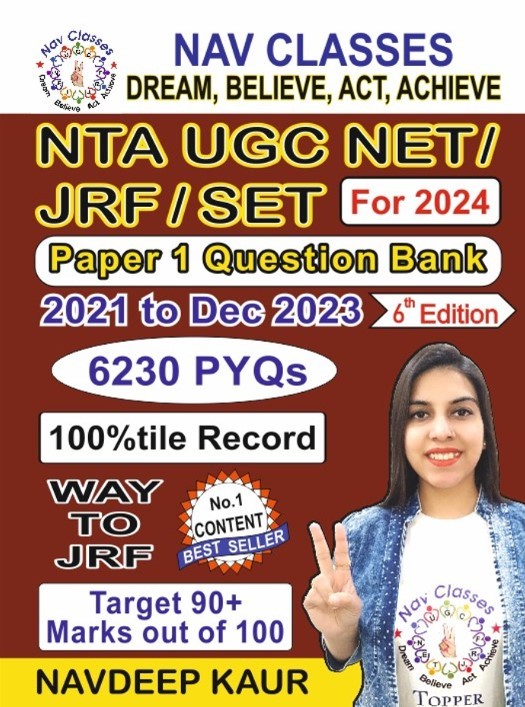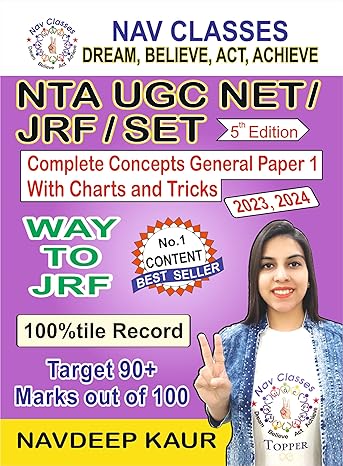1.Which of the following states is not included in the sixth schedule of Indian Constitution?
[A] Meghalaya
[B] Tripura
[C] Mizoram
[D] Manipur
SHOW ANSWER
Explanation: Sixth Schedule of Indian Constitution consists of provisions for administration of Tribal Area in Assam, Meghalaya, Tripura, and Mizoram & Arunachal Pradesh. District or the Regional Councils in these states may after its first constitution make rules with the approval of the Governor. ©navclasses
2.How many presidents of India so far were elected unopposed?
[A] One
[B] Two
[C] Three
[D] Four
SHOW ANSWER
Explanation: Apart from N Sanjiva Reddy First President Dr. Rajendra Prasad was elected unopposed for the period 1950 to 1952; but he faced opposition in further elections. ©navclasses
3.Who among the following was the Prime Minister of India when Mandal Commission was constituted?
[A] Indira Gandhi
[B] Morarji Desai
[C] Rajiv Gandhi
[D] V P Singh
SHOW ANSWER
Explanation: In terms of Article 340 Morarji Desai Government appointed the Second Backward Classes Commission under the chairmanship of B P Mandal in the year1979 to investigate the conditions of the socially and educationally backward classes and suggest measures for their advancement. The commission submitted its report in 1980 and identified as many as 3743 castes as socially and educationally backward classes. 27% government reservation of jobs for the Other Backward Classes (OBCs) is recommended by the commission so that the total reservation for all ((SCs, STs and OBCs) amounts to 50%. After ten years in 1990 that the V P Singh Government declared reservation of 27% government jobs for the OBCs. ©navclasses
4.“Right to vote” can be placed in which among the following categories?
[A] Fundamental Right
[B] Constitutional Obligation
[C] Fundamental Duty
[D] Legal Right
SHOW ANSWER
Explanation: Right to Vote in India is a legal right given to the people by Representation of the people Act, 1950, section 62(1). This act can take away this right due to non-residence, unsoundness of mind and criminal conviction. Thus, its a legal right. Further, Article 326 of the constitution mentions that the election to Lok Sabha and State Assemblies will be based on adult suffrage. This implies that all above 18 years age are to be enrolled as voters. This makes the right to vote as a Constitutional Right also. However, it is a general provision to include a class (age 18 and above) and this provision itself does not provide or take away right to vote. Thus, Right to Vote should be considered to be a Legal right. ©navclasses
5.Which among the following state / union territory got birth with the Punjab Reorganization Act of 1966?
[A] Haryana
[B] Hiamchal Pradesh
[C] Chandigarh
[D] None of the above
SHOW ANSWER
Explanation: State of Punjab was bifurcated to create Haryana in the year 1966. It formed that seventeenth state of Indian Union. The Union Territory of Chandigarh was also carved out from the same. ©navclasses
6.Who among the following was the Constitutional Advisor to the Constituent Assembly ?
[A] Sachidanand Sinha
[B] B N Rao
[C] H N Kunzuru
[D] V N Menon
SHOW ANSWER
Explanation: Sir Benegal Narsing Rau (1887-1953) or Sir B. N. Rau served as the Constitutional Adviser to the Constituent Assembly. His task was to advise the assembly on general structure of democratic framework of India’s Constitution. ©navclasses
7.Which among the following is NOT a fundamental duty of a citizen?
[A] Respect for the constitution
[B] Respect for the National Flag
[C] Respect for the National Anthem
[D] Respect for the government
SHOW ANSWER
Explanation: Respect for the government of the day is not a fundamental duty as such. ©navclasses
8.Economic and social planning comes under which of the following?
[A] Union List
[B] State List
[C] Concurrent List
[D] None of the above
SHOW ANSWER
Explanation: Economic & Social planning is listed on 20 in the Concurrent list in 7th schedule of India. ©navclasses
9.Who among the following has been given rights to legislate on residuary subjects?
[A] State government
[B] Central government
[C] both central and state governments
[D] President
SHOW ANSWER
Explanation: Matters which are not included in any of the three lists (Union, State, Concurrent) are known as residuary subjects. ©navclasses
10.Which article of the Indian Constitution provides for a Governor?
[A] Article 152
[B] Article 153
[C] Article 154
[D] Article 156
SHOW ANSWER
Explanation: Article 153 of the Constitution of India requires a governor to be appointed for every state in India. ©navclasses







One Response
4/10